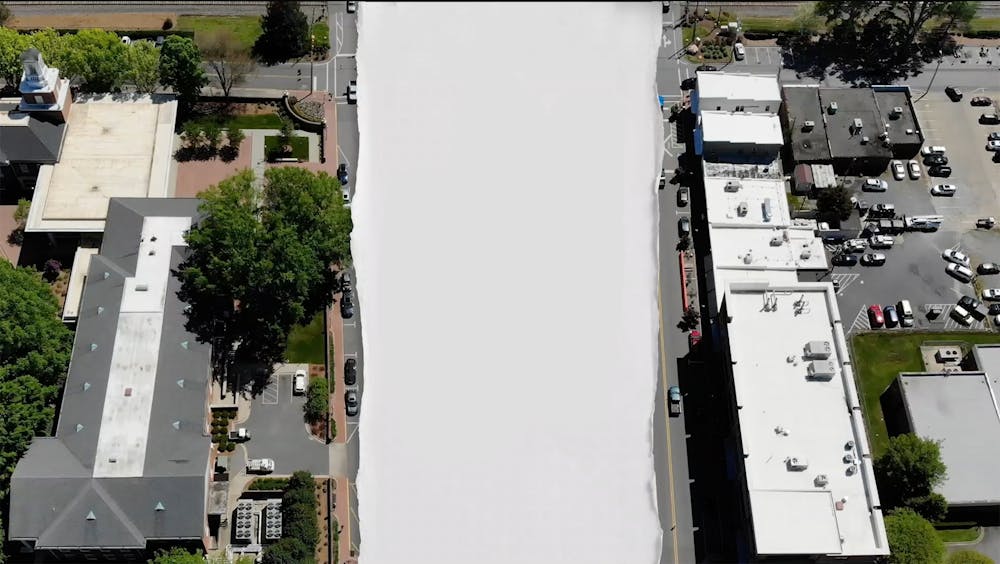A cup of coffee from Oak House. A tank of gas from Circle K. While full- time residents and students alike use water to take showers and sidewalks to cross town, the sales tax from shopping locally is largely where students’ financial support ends.
While most municipalities fund their operations with a healthy mixture of sales taxes and property taxes, college towns such as the town of Elon often must rely much more heavily on sales tax revenue since their largest property owner — the university — is tax exempt.
“There’s pros and cons with the higher reliance on sales tax. If your economy goes down, sales go down, you can be in a crunch, whereas with property tax, that’s pretty consistent year to year,” Town Manager Richard Roedner said.
That was the fear when the town of Elon created its budget for the 2020-21 fiscal year with the expectation that sales tax revenue would be down because of the coronavirus pandemic. To the town’s surprise, sales tax revenue wasn’t down, actually coming in at $700,000, or about 25%, above expectations. But that doesn’t stop the town’s dependence on sales tax as a major source of revenue.
That’s one of the reasons why towns depend on people shopping locally.
Although the university has tax-exempt status, it still uses services provided by the town, which cost money to run. The fire department responding to alarms going off in a dorm, town police being dispatched to an apartment and even the water running through faucets on campus all are services at the expense of the town.
“When we talk budgets, what we’re really talking about is services, meeting the service needs that the community has identified,” Roedner said. “We want nice parks. We want nice roads. We want water to flow.”
To address town services that the university utilizes, Elon donates money to the town annually which goes toward the downtown fund and fire and police departments. Between 2015 and 2020, the university donated $643,087, according to records from the town. But by the town’s estimates, that amount pales in comparison to the costs associated with providing services to the university.


